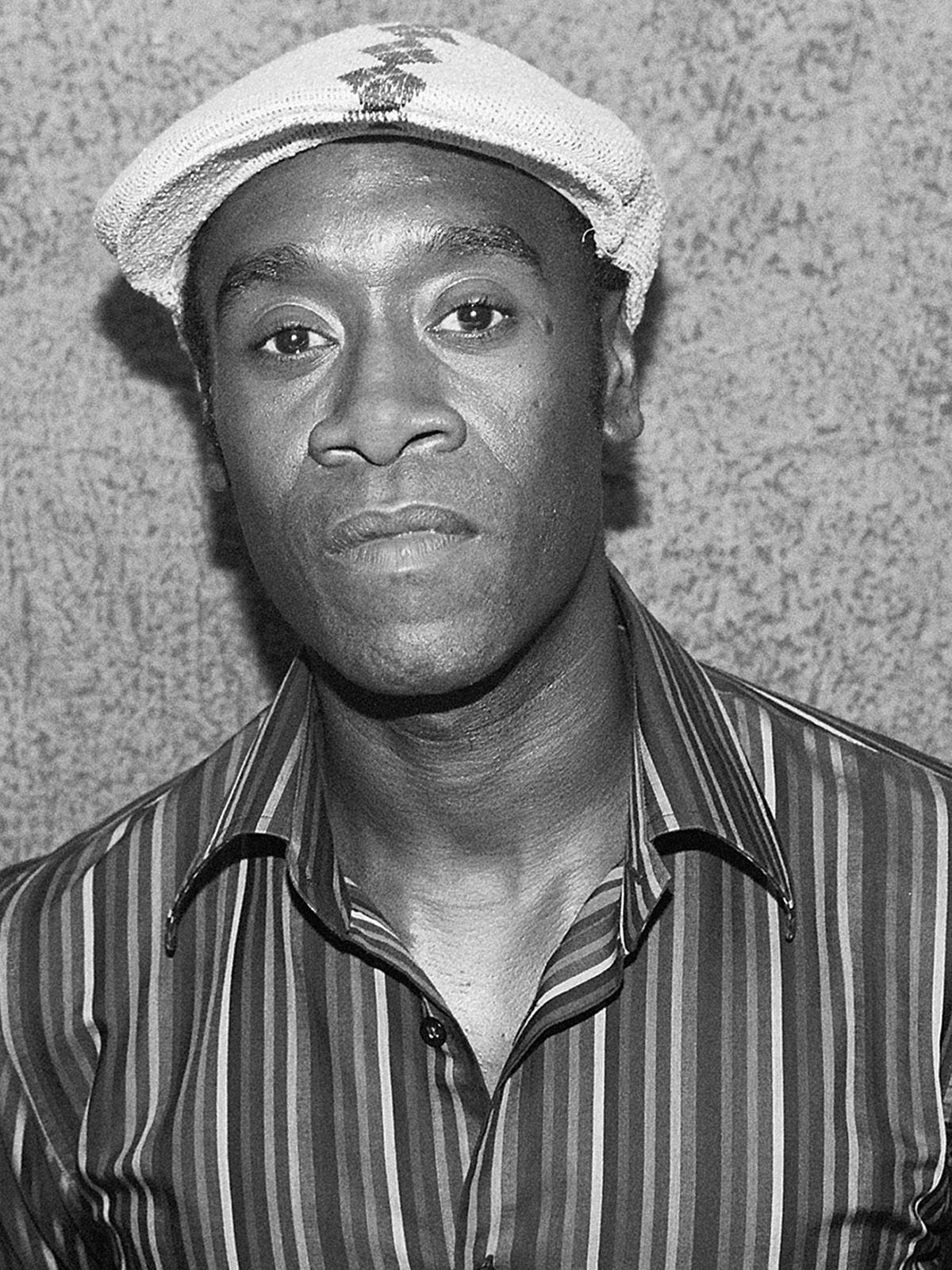
- Golden Globe Awards
Out of the Archives, 2004: Don Cheadle on “Hotel Rwanda”
Don Cheadle spoke with the journalists of the Hollywood Foreign Press in 2004 about Hotel Rwanda directed by Terry George.
“First and foremost, I hope that the film is entertaining and it’s engaging to people. It has a great love story at its heart, it’s a thriller with a lot of suspense. Terry was very smart to tell the story of one man and his family, allow that to be the focal point, but what’s resonating around that with the 1994 Rwandan genocide is obviously informing everything. I don’t have a lot of hope that movies can have great social impact and affect policy change, but it’s great to be involved in a film that hopefully will be an inspiration.”
“At the end, in 90 days 850,000 people were killed. It’s a terrifying statistic when you think that people were being killed at a greater rate than had been documented in the Holocaust in Germany and Poland and Europe. But with no guns, gunshot deaths were very rare, because the ammunition was too expensive, so it was people being bludgeoned, beaten and strangled, which is horrific.”
“Two million people left the country, there was this huge mass exodus and these sprawling refugee camps on the outskirts of Rwanda, that were full of not only the Tutsis and the Hutu moderates that fled, but the militia was sprinkled among them as well.”
“That particular conflict was set up to happen many years ago by the colonization of that area. When Belgium was given Rwanda after the war, they made a division of the people and they pitted one against another. The Tutsi minority was in charge of the Hutu majority and then, when the Belgians left, they flipped the power structure and gave it to the Hutus, who, of course, exacted their revenge. It was cleverly done to keep the region completely unstable and at any moment to be able to go in and do whatever you wanted to do. In my opinion that’s how people wield power around the world, the best way to do it is to divide and conquer and then your job is done, you just have to sit back and watch it go down.”
“When the Hutus killed the ten Belgian soldiers, it was a very designed attack to get everyone to leave, because that’s what’s happened historically. If you kill United Nations people, then whatever country’s soldiers those were pulls them out and every other country follows suit. It’s the genocide playbook that they played by, and it has worked. It happens over and over again, so I’m never surprised at peoples’ capacity to destroy one another.”
“Somalia had just happened, and I don’t think anyone was looking forward to committing their troops to being killed in a conflict that they didn’t understand or were ignorant about, because they didn’t care enough to find out.”
“What’s interesting is that in Darfur right now the same thing is going on, seeing that Colin Powell just announced to the UN that he considers it a genocide. That word in itself is supposed to enact all sorts of movement from the international community, but I haven’t seen any reporting of soldiers gearing up and headed down there.”